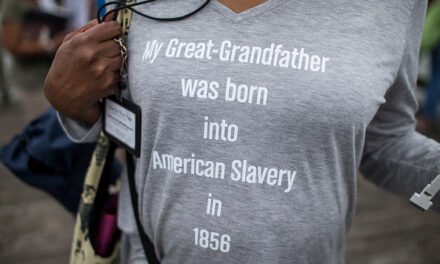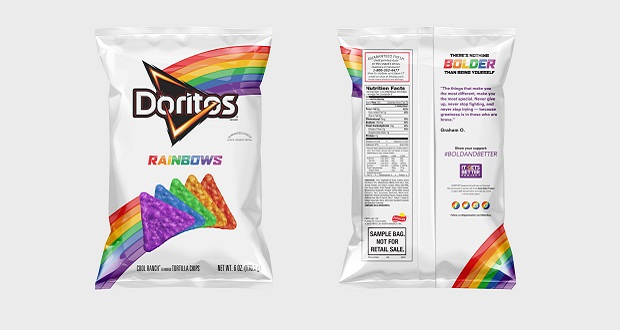
Suffragettes, New York Times, 1921
Dear White Women,
Let’s chat.
If there is not the intentional and action-based inclusion of women of color, then feminism is simply white supremacy in heels. – Rachel Elizabeth Cargle, Black Feminist Activist and Writer
How does that statement make you feel? Do you feel defensive? Do you feel the need to share about the ways you’ve been a “good white person” or the ways in which you’ve been nice to people of color? Does it make you feel angry that someone has maybe called you a racist? Do you feel like that statement is a bit… “aggressive”? Does it make you feel generally uncomfortable because you don’t know what she’s talking about?
I ask those questions not to mock. I ask those questions because I have had all those responses to black women asking me, a white woman, to be a better advocate and feminist. I have had those reactions to black women asking white women in general to step up and show up for them. The thing about those responses is that they immediately turn all the intention on me and my feelings. Forget what she’s asking me to do—my feelings are hurt, and I need her to rectify that.
This is white fragility, the discomfort and defensiveness that white people feel when confronted by information about racial inequality or injustice, largely because they’ve never had to confront issues of race or racism before. Sound familiar? Yeah, it did to me too when I first read about it.
Mary-Frances Winters shared about Robin DiAngelo’s term white fragility in last week’s Point of View column, in which she posed the question: What if people of color were allowed to stand their ground when they feel that their humanity is being attacked or undermined?
And that is a question for us, white women. That is a question for all of us who consider ourselves advocates for gender equity but who have little exposure to or experience with the feelings and experiences of women of color, who are too often ignored and victimized by our social structures and institutions and who are too often ignored and victimized by us, the well-meaning white women.
Rachel Cargle, a writer who studies the intersection of race and womanhood, wrote a challenging and much-need piece on toxic white feminism in Harpaar’s Bazar this past week, and I highly encourage you to read it and listen to how she is inviting us into a more intersectional, more empathetic movement. In this piece, she calls out the different ways in which white feminism can be toxic: tone policing, spiritual bypassing, white savior complex, and centering.
Here’s the thing: It’s okay to have the emotional reactions you have. As Cargle says, “…many white women believe that the worst thing that can happen to them is to be called a racist,” and that fear is entrenched in our white identities. It is entrenched in us in part because we live in a world in which racism looks more like institutionalized police violence, poverty, and mass incarceration than racial slurs and lunch counter segregation.
We don’t always understand that we play a part in these systems, even if we’re not the cop, the judge, the congress person, the city planner, etc. We don’t always see what’s outside of our own worlds. We don’t always see pain outside of our own. That’s human. We start where we start. But we’ll never get to a place of true solidarity and advocacy if we spend our time worrying about the ways women of color communicate their pain rather than listening to the actual stories of their experiences.
We’ll never get to a place of true solidarity and advocacy if we spend our time worrying about the ways women of color communicate their pain rather than listening to the actual stories of their experiences. Share on XAs Cargle also points out, you only have to look at the experiences of women of color losing their lives, their children’s lives, and the lives of their communities to know that being called a racist is not the worst thing that could happen to you. So, what’s not okay is putting the onus on women of color to fix your hurt feelings or to let you know that your emotions are acceptable. Have your emotions, but don’t let them direct your actions in a way that dismisses or ignores women of color and centers yourself. It’s okay to mess up— we are not perfect people, and we are certainly not perfect advocates. But we can own up to our mistakes and listen to those who are calling us into more authentic, more sustainable, more reciprocal relationships without trying to protect ourselves from being seen as less than perfect.
Listen to Rachel Cargle. Follow her on Instagram. Follow other women of color doing advocacy work. Support their work. Be outraged with them when their communities are victimized. Use your access to white spaces to share their outrage, their work, and their stories. Better yet, use your access to white spaces to make space for women of color to share for themselves.
White women, it’s long past time that we understand the ways in which we have further marginalized women of color in places and spaces and movements in which they should have been welcome. It’s long past time we follow their lead in the quest for creating truly inclusive, intersectional environments and cultures, because as Cargle says, it is these women “who have been fighting this fight with grit and grace for generations.”
Let’s join that fight. Let’s ask: Who’s still not at the table? Why? Whose stories does the media ignore? Why? Whose books do I read or social media accounts do I follow? What narratives are missing?
It’s okay to look at the world through a white lens if you are white. You don’t really have a choice, right? But you do have a choice to add more lenses to your repertoire. You do have a choice to consider the world through someone else’s lens and to understand that worldview as just as valid as your own.
Consider your feelings, explore them, but do not ask women of color to fix or affirm them. Listen. Learn. And ask your white friends to do the same.
With Love, Hope, and Challenge,
Caroline
Consider your feelings, explore them, but do not ask women of color to fix or affirm them. Listen. Learn. And ask your white friends to do the same. #DearWhitePeople Share on X

















